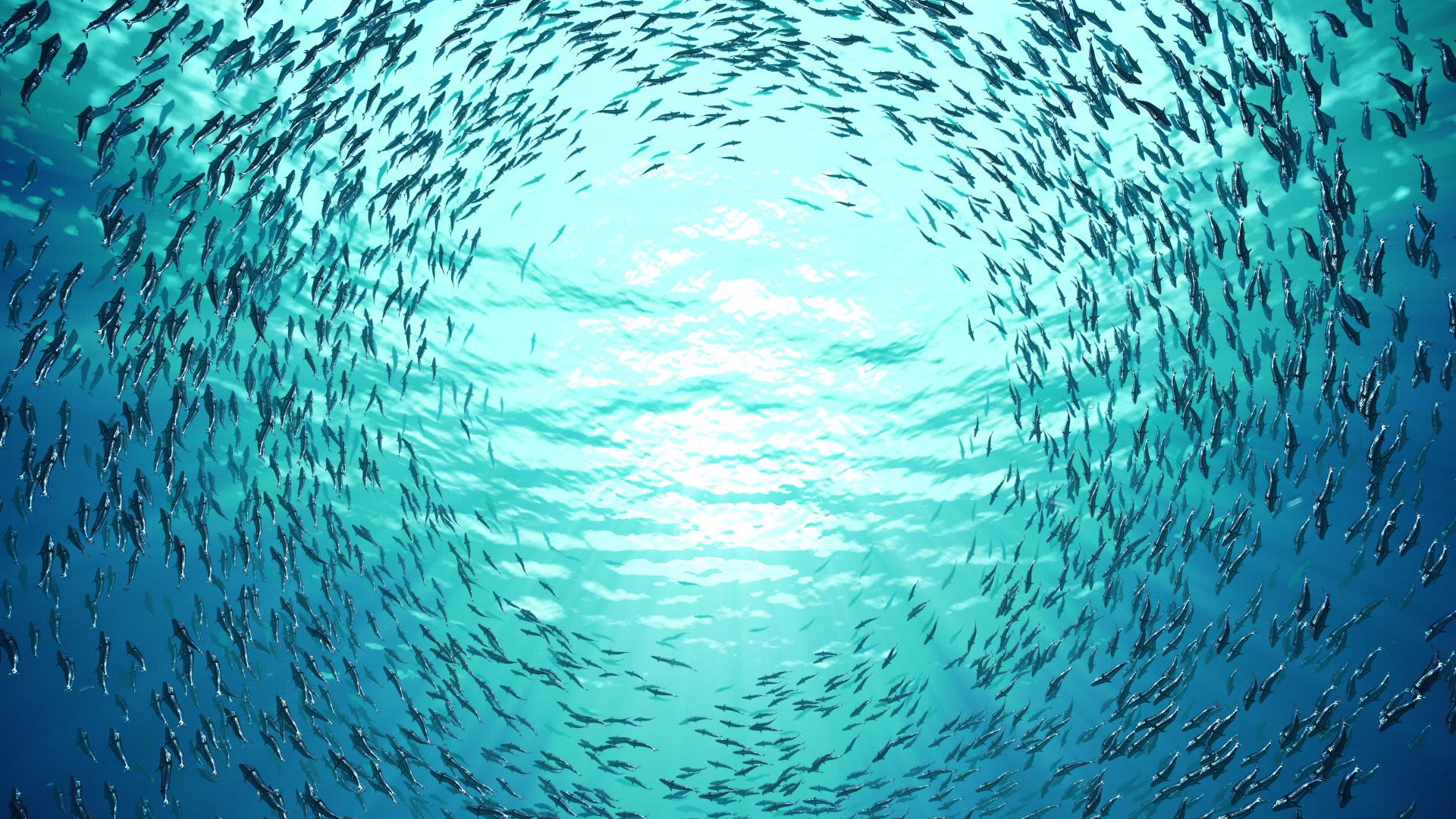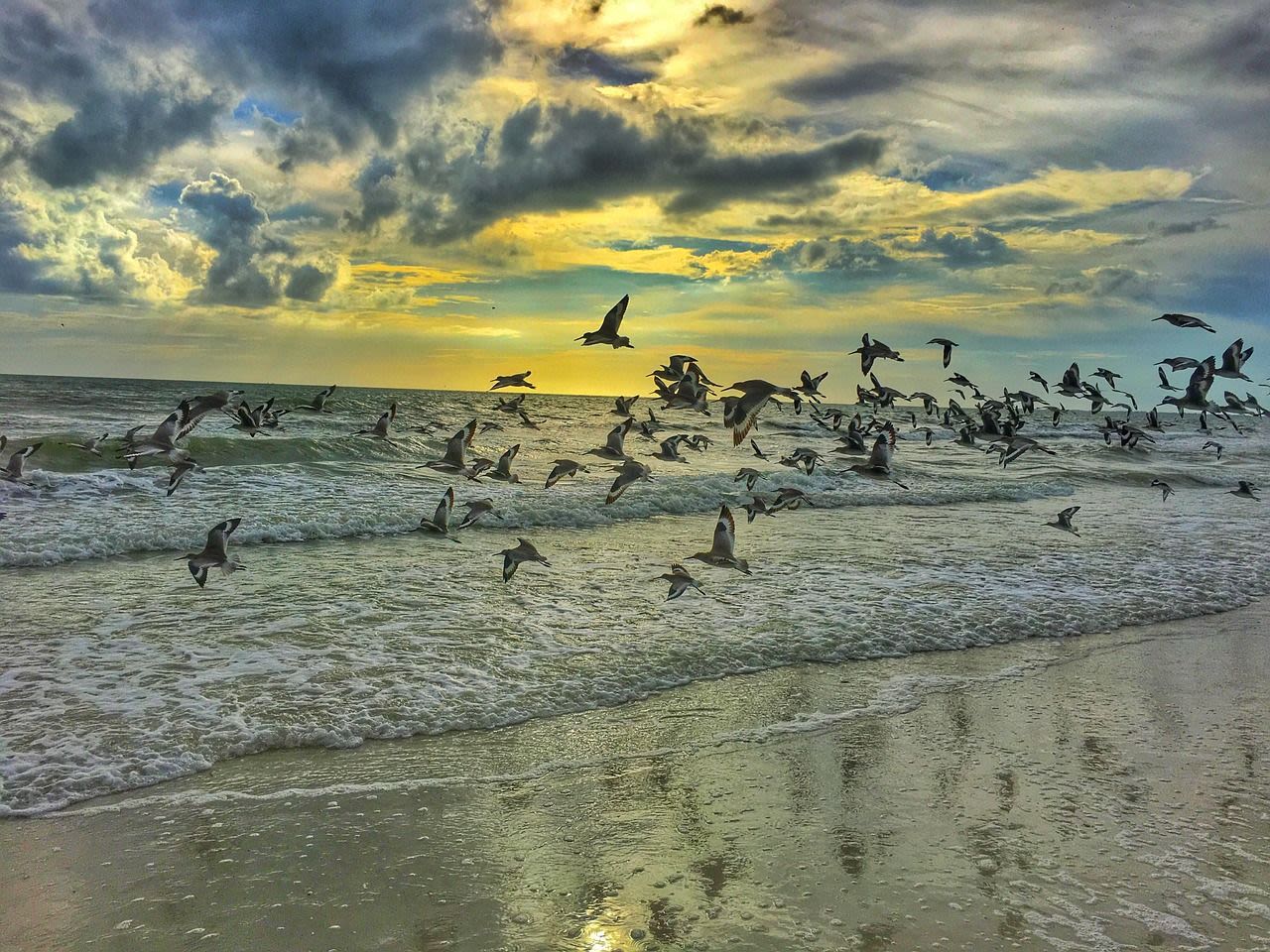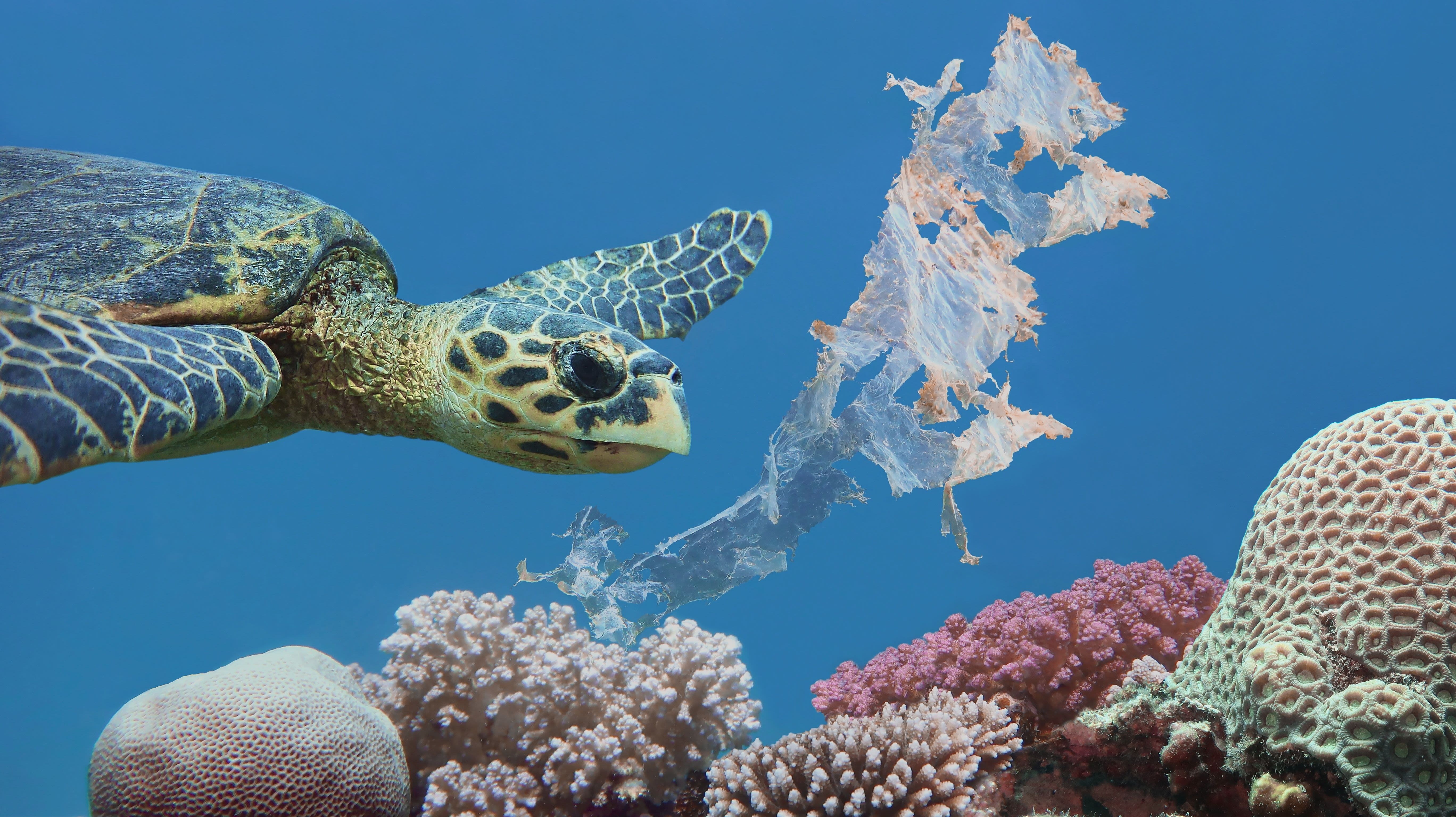Speeding up the transition towards a sustainable economy
When lockdown measures first eased, I went for a walk along the beach near Lisbon, Portugal. The sea is usually comforting, yet this time, looking out at the waves, I was reminded of our collective destruction and exploitation of the environment – and of how this has contributed to the severity of the pandemic.
I have spent the past two decades with Seas At Risk, an umbrella entity for European environmental organisations, working to protect the ocean. And while huge gains have been made throughout recent years, ocean threats still keep coming. We may be winning battles, but we’re in danger of losing the war because we are not addressing the root causes of the problem. We must redefine our relationship with nature and protect the fundamentals that make life on Earth possible, enjoyable, and profitable.
Many ocean pressures are created through the way our economies function and what we produce and consume. The use of natural resources like fossil fuels, metals, sand and biomass has more than tripled since 1970 – with annual global extraction of materials growing from 27 to 92 billion tonnes.
This is not simply due to population growth. The annual average material demand per person grew from 7.4 to over 12.2 tonnes, an increase mainly due to a disproportionate increase in upper-middle and higher income countries, reflecting the growing income and wealth inequality between the richest and the poorest. If we are to stop mindlessly destroying the ocean – our most valuable resource – we need to change the fundamentals and transition to a sustainable, circular, and sharing economy.
Overexploitation, destruction and pollution of the ocean must be stopped at source by changing the way we produce and consume. This includes designing products for circular use, focusing on long-life rather than throwaway products, recycling well-recyclable materials like metals (as opposed to plastics), sharing rather than owning cars and planning for resource-efficient cities. These are the necessary building blocks of future, sustainable economies.
We need to rethink our production and consumption systems and their underlying business models to move us from material consumerism to systems based on satisfying consumer needs. To put it simply: we do not need cars, we need mobility. We do not need pesticides, we need healthy plants. We do not need plastic bottles, we need water. As more people realise this, innovative and profitable businesses are springing up that meet consumer needs while supporting nature.
In the wake of the COVID-19 pandemic, governments are providing financial support to contain the economic fallout and job losses. Under pressure to provide a rapid economic recovery, the easy route is to ignore nature, in favour of propping up our existing model, including large polluting companies. This would lead us further down the path of our current destructive, extractive economic model towards environmental, social and economic disaster.
Maybe you are thinking ‘first recovery, then the ocean’, but we cannot continue to ignore the ocean until it is too late. We’re at a unique point in time where we can have both by supporting the transition to a new, green economy that creates jobs, fosters resilience and ensures the planet remains capable of sustaining human life.
There is substantial potential for smart investments that deliver a stronger blue economy, while improving marine health. Such investments should be guided by the goals and actions set out in RISE UP - A Blue Call to Action, and in Europe by the Blue Manifesto, which offer a plan to achieve a healthy ocean by 2030. Let’s be smart, brave and look ahead. This way by 2030, when we walk on our beaches, we will be met by the waves of a healthy ocean, full of wildlife and capable of supporting all of us.
- This is a guest blog and may not represent the views of Virgin.com. Please see virgin.com/terms for more details.
This post is part of a series produced by Virgin Unite in partnership with Ocean Unite, an initiative to unite and activate powerful voices for ocean-conservation action. The views and opinions expressed in this blog are those of the authors and do not necessarily represent or reflect the views of Ocean Unite.



